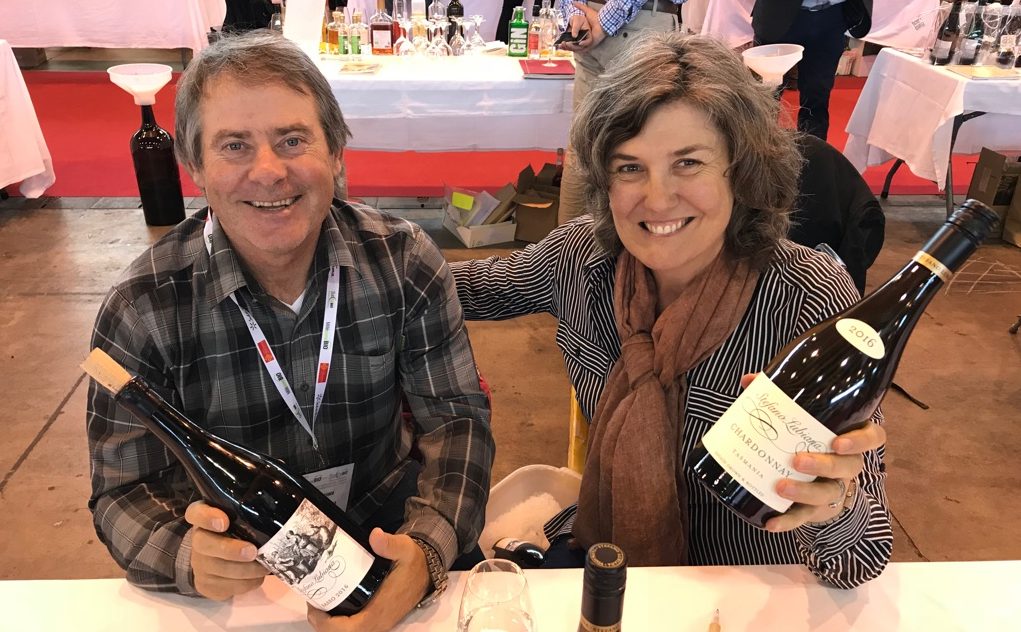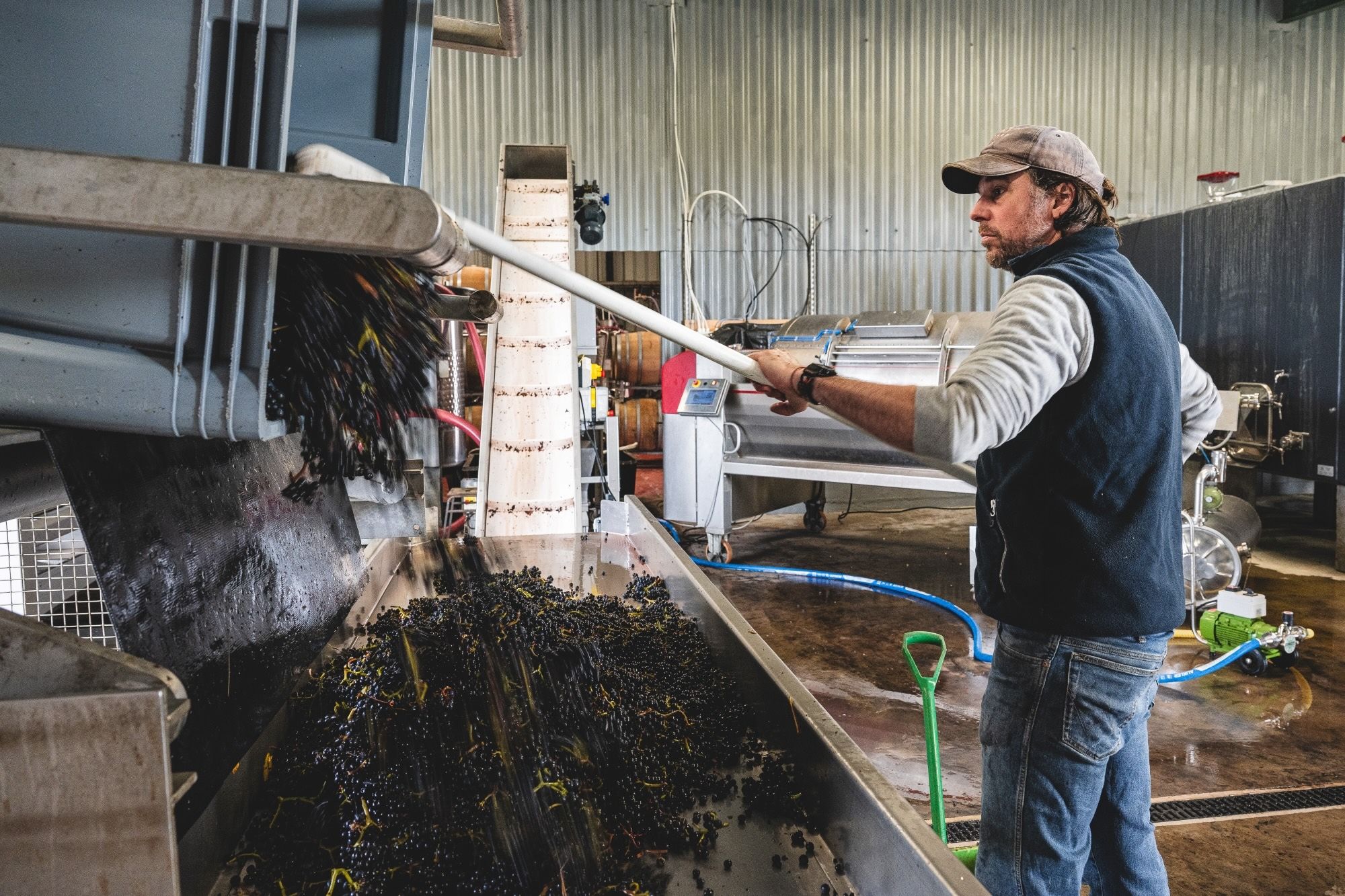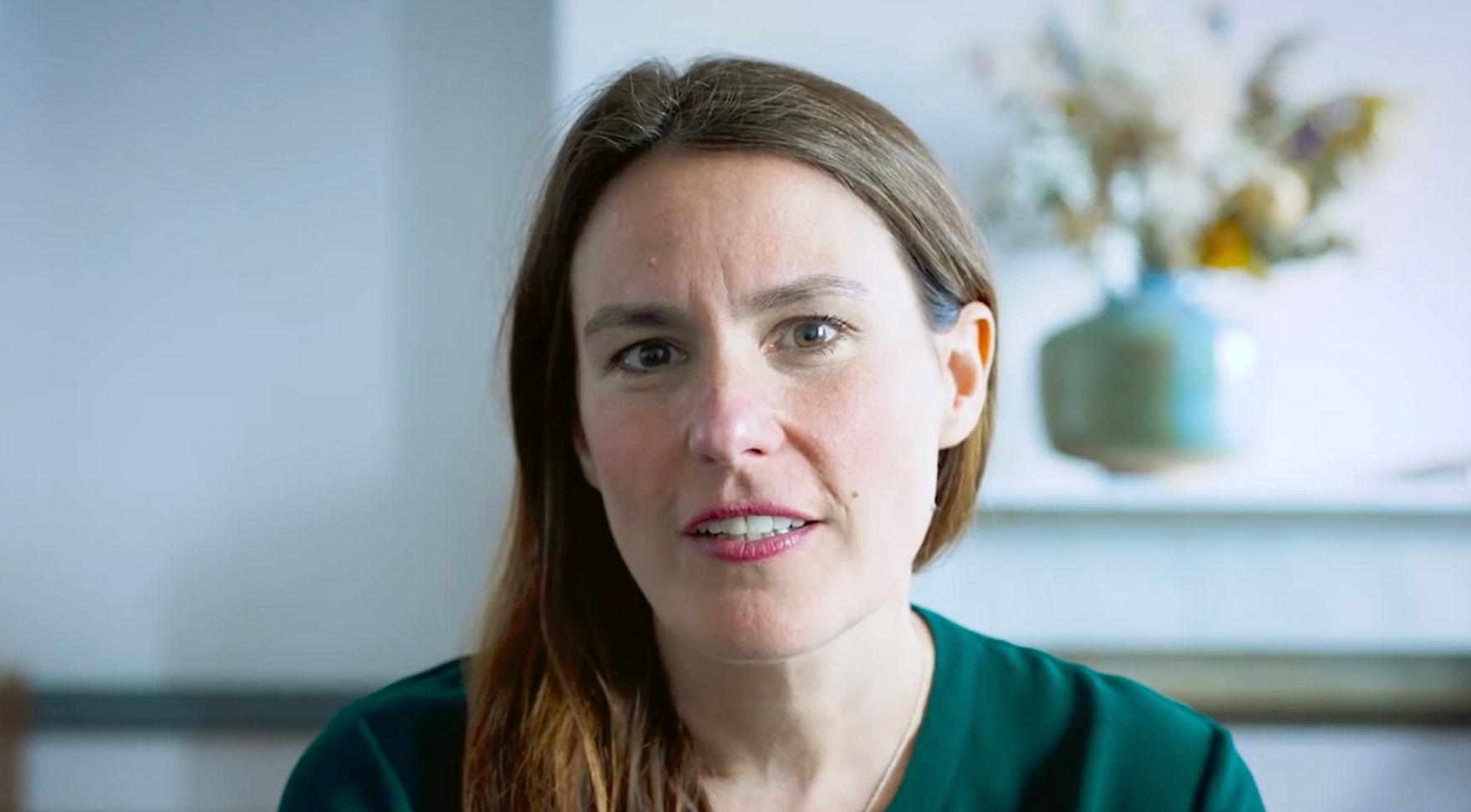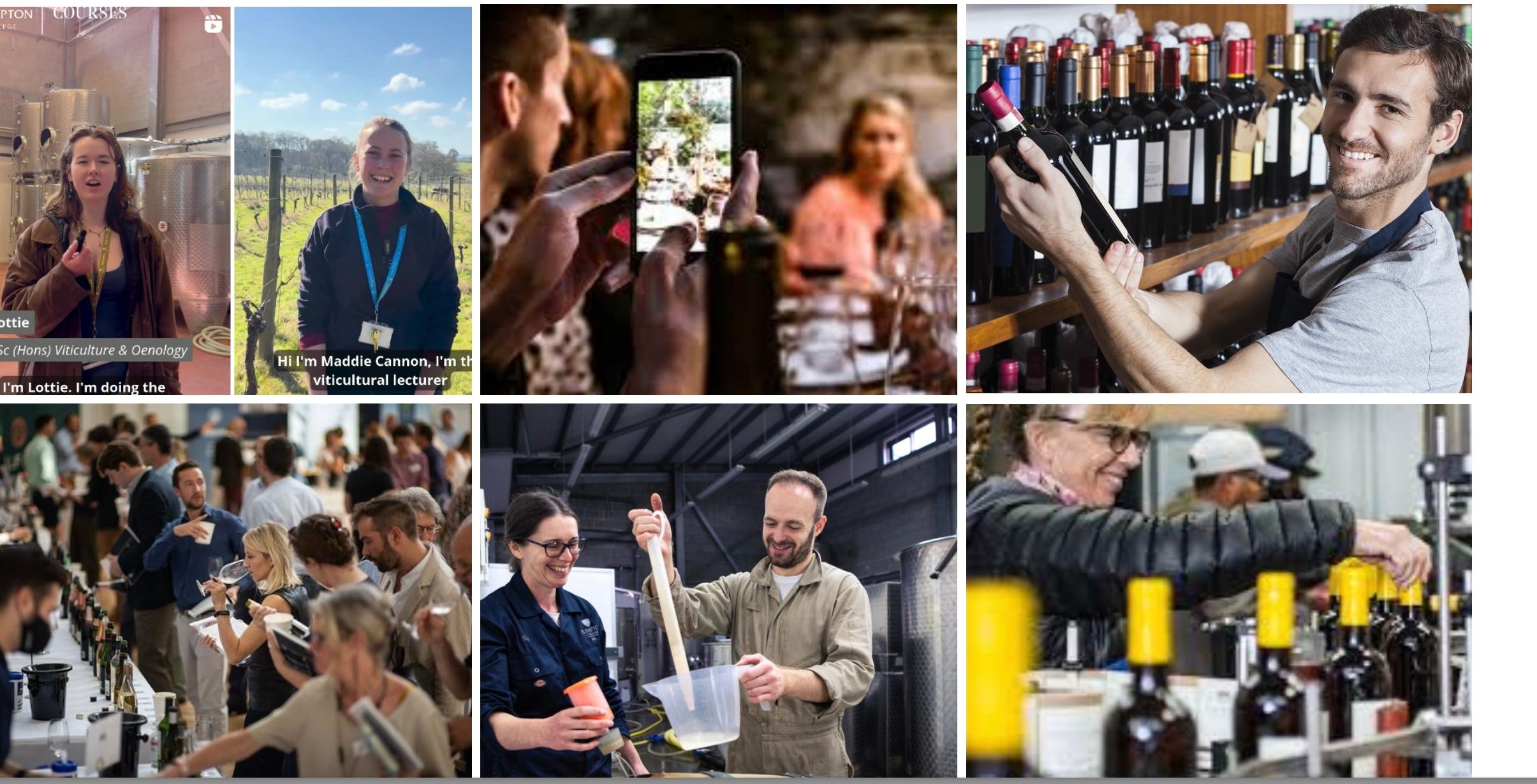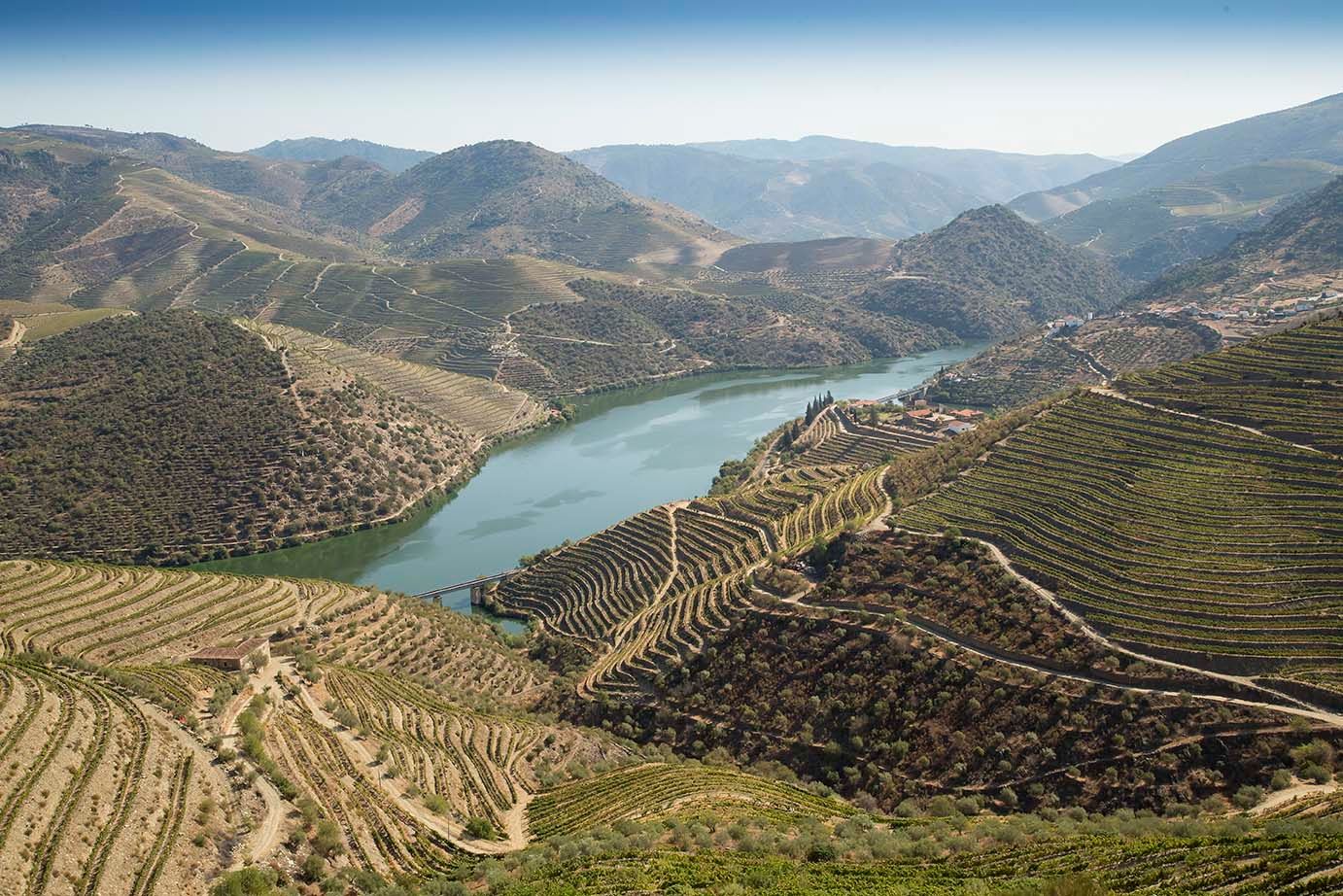Organic wine consumption in France increased 20% last year alone. The global demand for organic wine is, for the first time, noticeably more than the production levels, and that is surely only set to increase, in the short term at least.
There was a great comedy sketch I watched ages ago by a comedian called Sean Lock.

Sean Lock: house full of Bags for Life
He was talking about his own eco credentials, talking about how he tries to recycle where he can, reuse where he can, and how his house is stuffed with all these ‘Bags for Life’! But his faith was smashed the first time he visited New York and realised that his own meagre efforts at recycling was the equivalent of bringing a dustpan and brush to an earthquake site. Mountains of plastic waste pilled high, thrown straight into landfills.
What’s the point, eh?
Well the point is that you’re making a difference. A small difference that might be, but if your mate or your neighbour starts doing it, and sees the upside, then their mates do it…these positive things can blossom.

Not just French wines at a wine festival in France. Rare!
It was funny how my mind wanders to such weird stuff but it’s where I got to, a couple of weeks back, after I’d been speaking to Jacques Frelin. 35 years ago Frelin founded Maison des Terroirs Vivant, a 100% organic viticulture wine negociant. 25 years ago he was part of the team that started the first ever Millésime Bio, a trade and consumer event showcasing some of the best organic wine producers around.
This guy has seen things blossom.

One of the three giant halls at Millésime Bio 2018
25 years ago, at the first ever Millésime Bio, there were ten exhibitors, which he believed was a good start. After about five years (so were in about 1998 here), the number rose to about 100 exhibitors. It became a well-attended event, and up until about ten years ago this steady number of exhibitors and attendees were well catered for by just one of the great halls of Montpellier’s Expo park.
Then ten years ago, something changed.

Zero added SO2 organic Riesling from the Mosel Valley
All of a sudden there was a spike up to 500 exhibitors, followed the year after by another chunk of new exhibitors, and so on until where we are now, 2018, with over 1000 exhibitors, many from across the world. Millésime Bio now takes up over three massive halls in the Expo Park. It is truly immense, and quite clearly (and deservedly) a source of utter pride for Monsieur Frelin.
Organic wine has had its critics in the past, myself being one of them due to the multitude of definitions of “organic wine”. I’m a biodynamics man myself. And I understand the drive for natural wines too. I don’t personally always like them, but good on people for having a go. But organics? There seemed like too many get outs, especially once you hit the cellar.
Well, like a man in orthopaedic shoes, I stand corrected. Walking round this event and talking to the winemakers was utterly revealing.
I wanted to root out the reasons for starting to make wine organically….
Was it for the government subsidies?
Well in France you get €300 per hectare for the first five years. Not quite enough to cover the drop in yields that are a natural consequence of leaving the chemical fertilisers in the shed.
Was it the reported 40-60% rise in retail price for organic versus non-organic wines?
Well if the world’s consumers aren’t too fussed, then the price rise is going to scupper that isn’t it?
Was it because they live in amazingly easy areas (climatically) to grow organic grapes?
Languedoc-Roussillon produces 50% of France’s organic wine, and rightly bloody so. If you’re not producing organic grapes in these areas, what are you playing at? But I spent my time with growers from tough areas: Bordeaux, Burgundy, Mosel, Tasmania, and even Cognac. So it’s not easy for them.

Champagne Larmandier Bernier: Organic is possible even in the marginal regions with extra work
Guess what? It all came down to Jacques Frelin’s own reason for starting. We have one planet, we need to look after it. Call it twee if you want, but the simplicity of spirit in those halls was palpable.
Frelin was keen to stress the upsides for producers who are thinking of taking the plunge. The technology is there, so it’s up to fairs like Millésime Bio and the producers that attend to convert minds.

The inexorable rise in sales of organic wine
The economics are slowly turning in their favour. The market is there, it’s been forged over the past 25 years. Organic wine consumption in France, for example, increased 20% last year alone. The global demand for organic wine is, for the first time, noticeably more than the production levels, and that is surely only set to increase, in the short term at least.
So what can we do as a group of consumers?

Tasmania’s Stefano Lubiana Winery: exhibitors attending from all over the world
Continue to encourage, support, and drink their wines. Regional sustainability initiatives across the globe, like the award winners from California and New Zealand, are the encouraging tip of the iceberg to come. Sustainability is a massive and important first step towards organic viticulture.
The green machine is turning into a juggernaut. And I’m very happy about that.
Cheers
Mike Turner runs the wine blog Please Bring Me My Wine and is a director of 20h33, an importer and marketer of Bordeaux wines. Follow Mike on www.twitter.com/PBMMW and www.twitter.com/20h33
